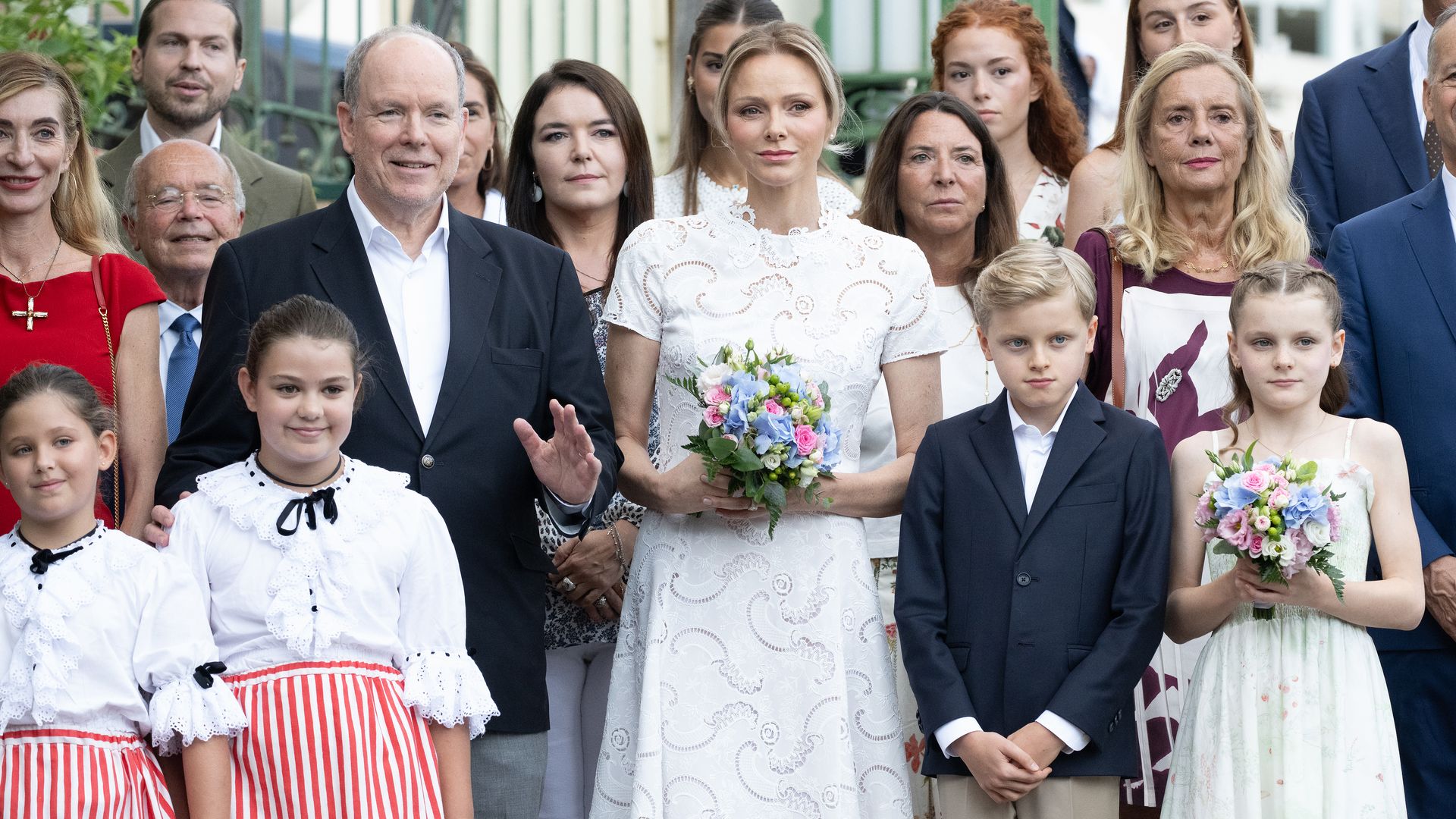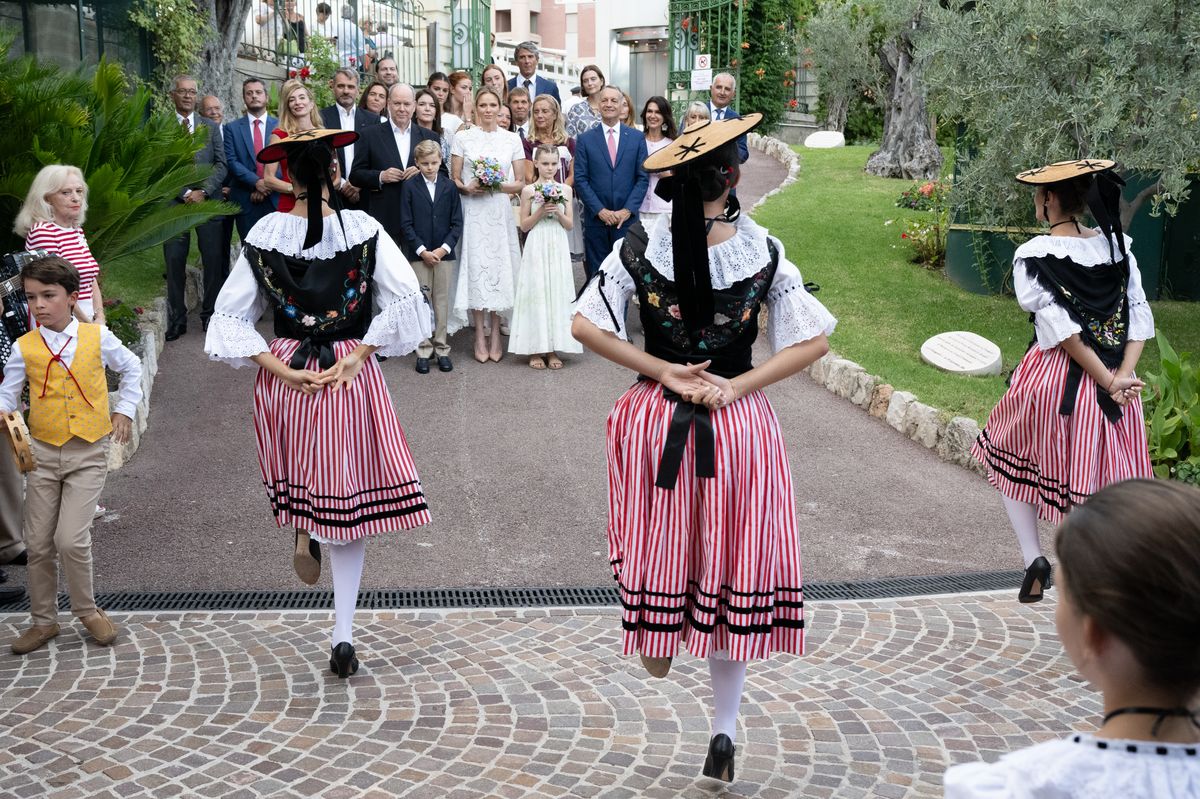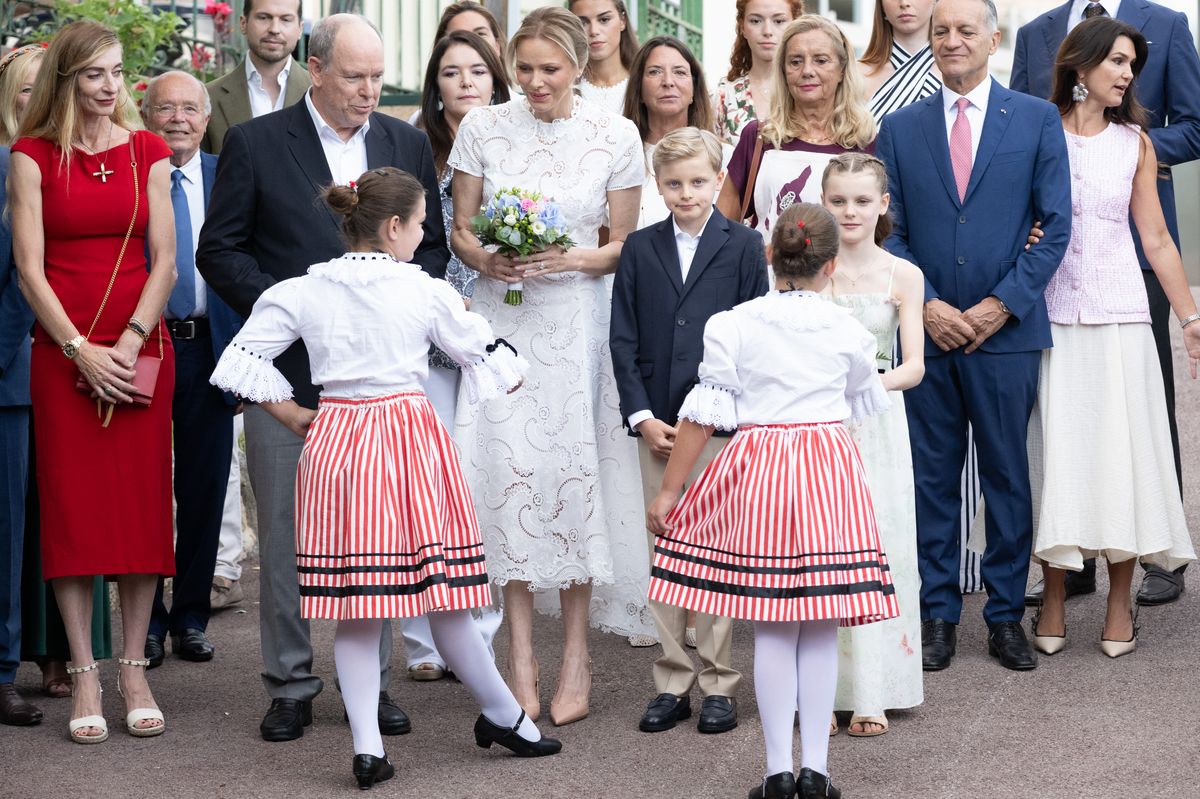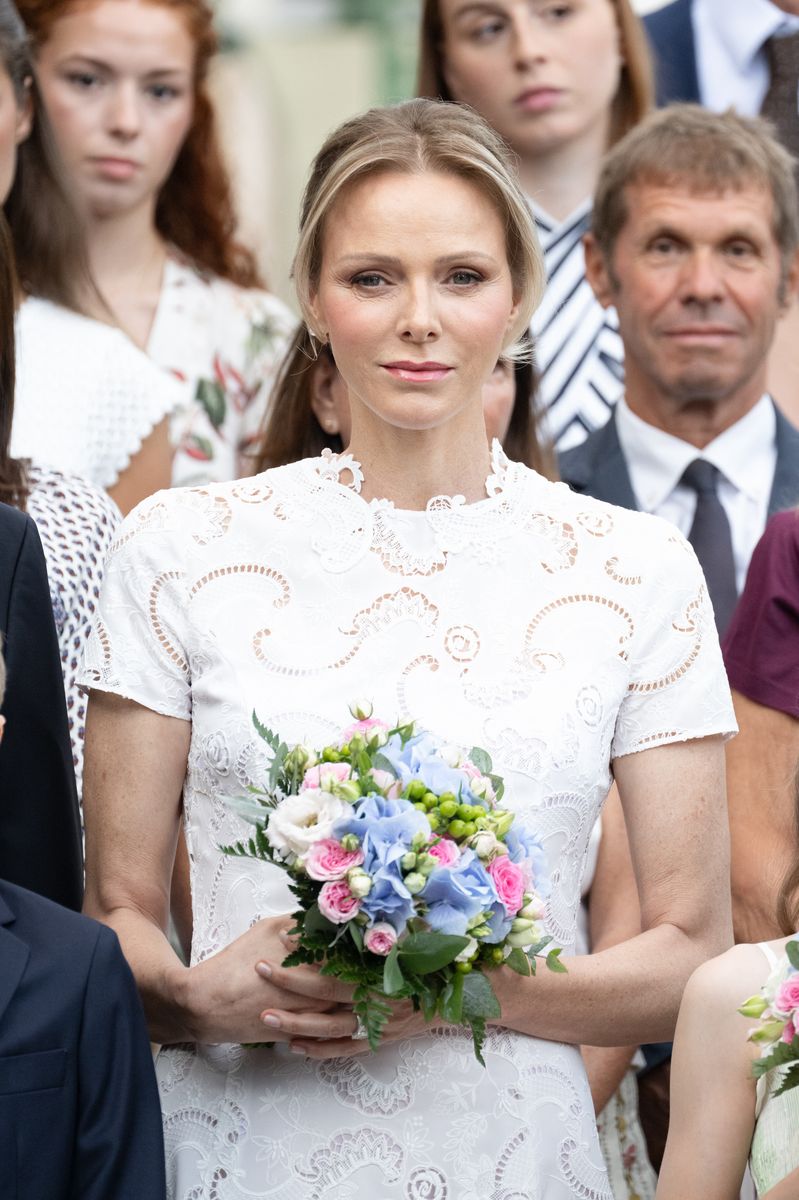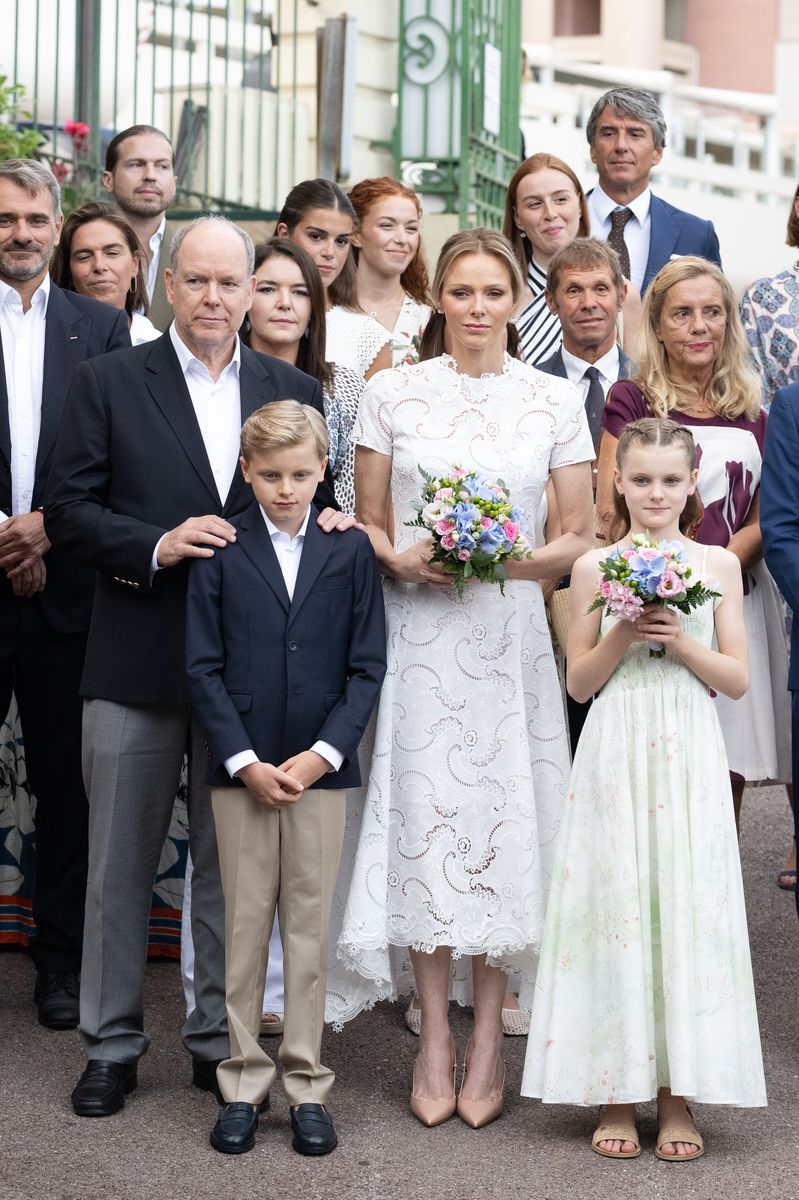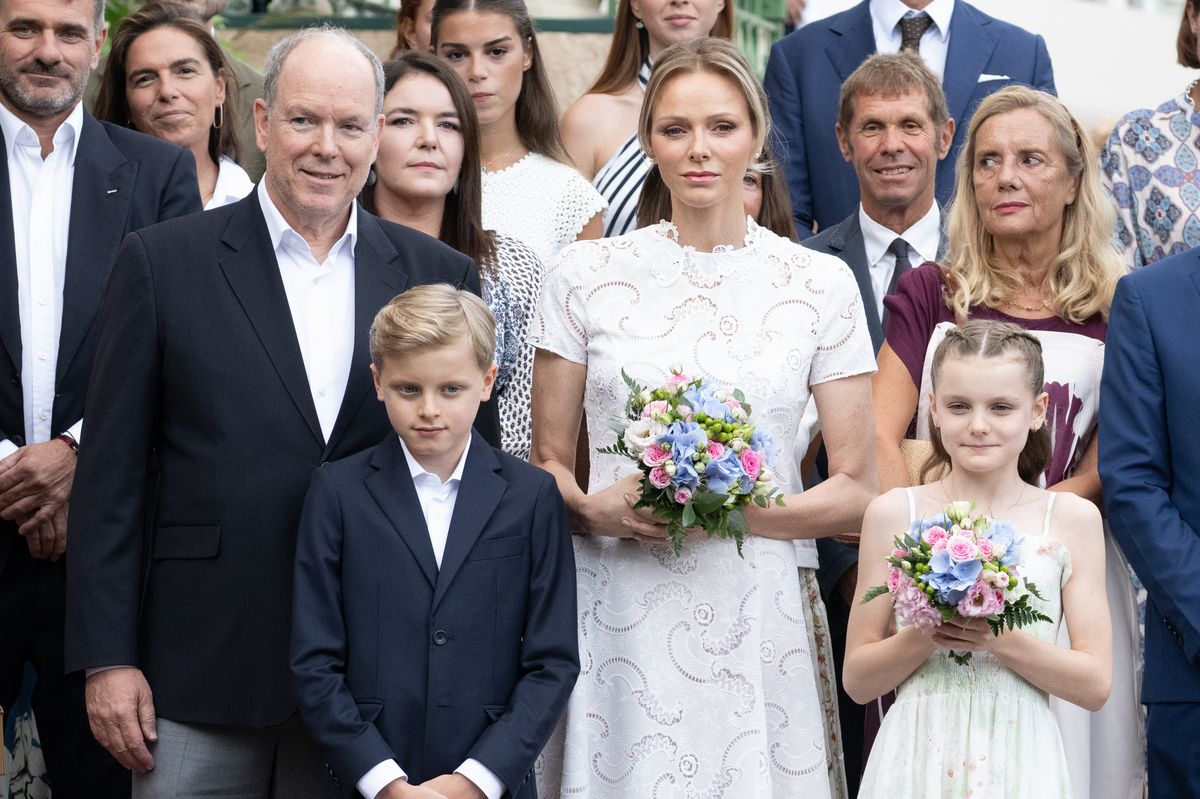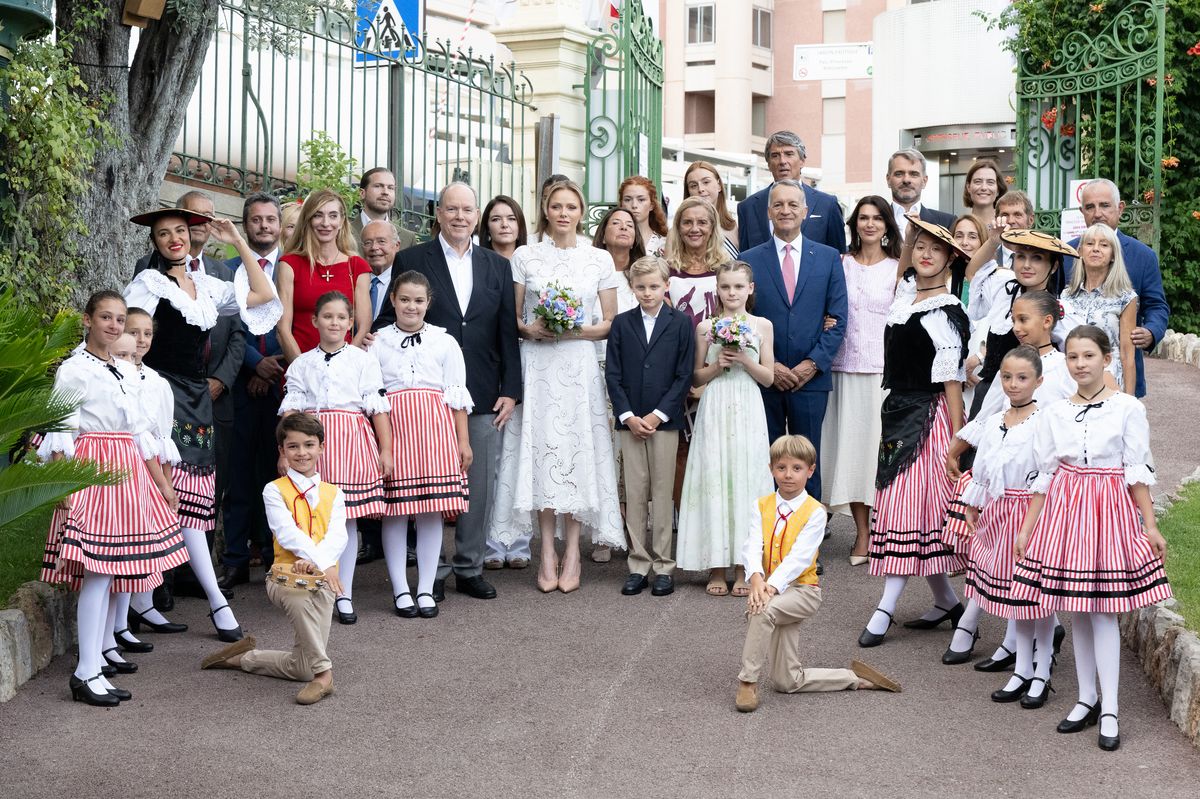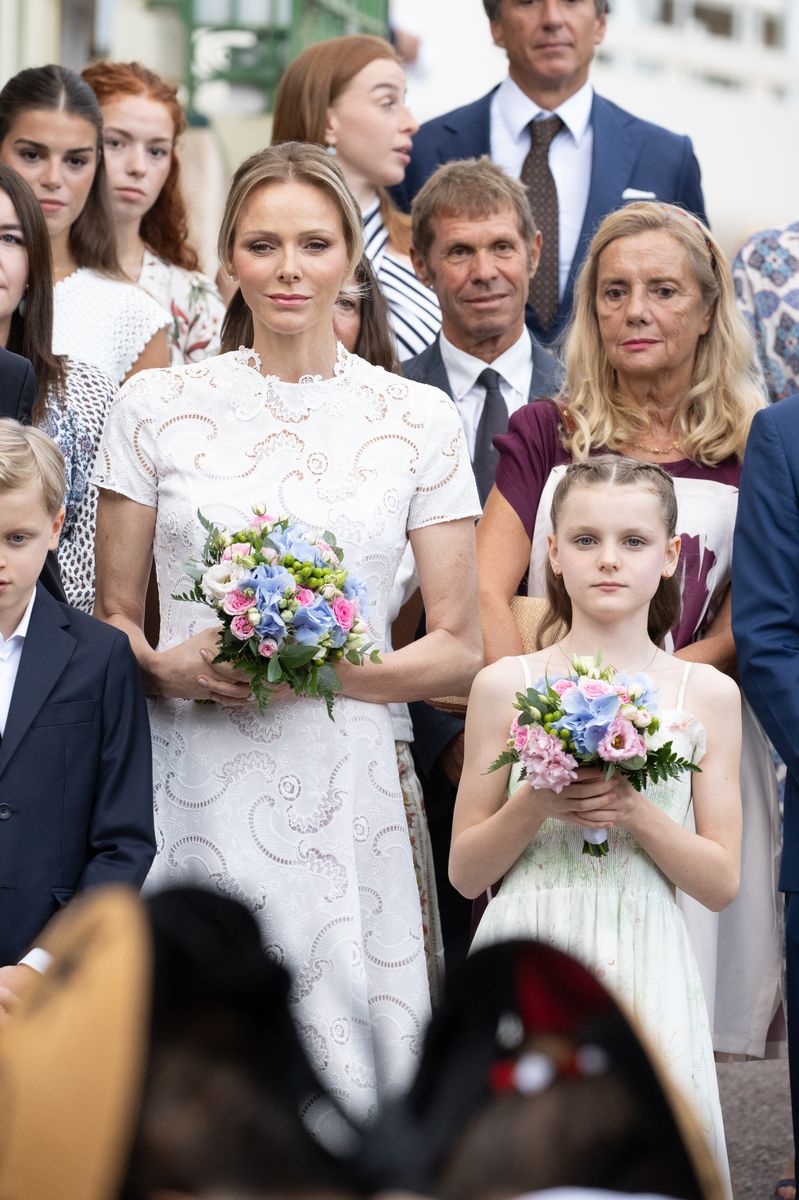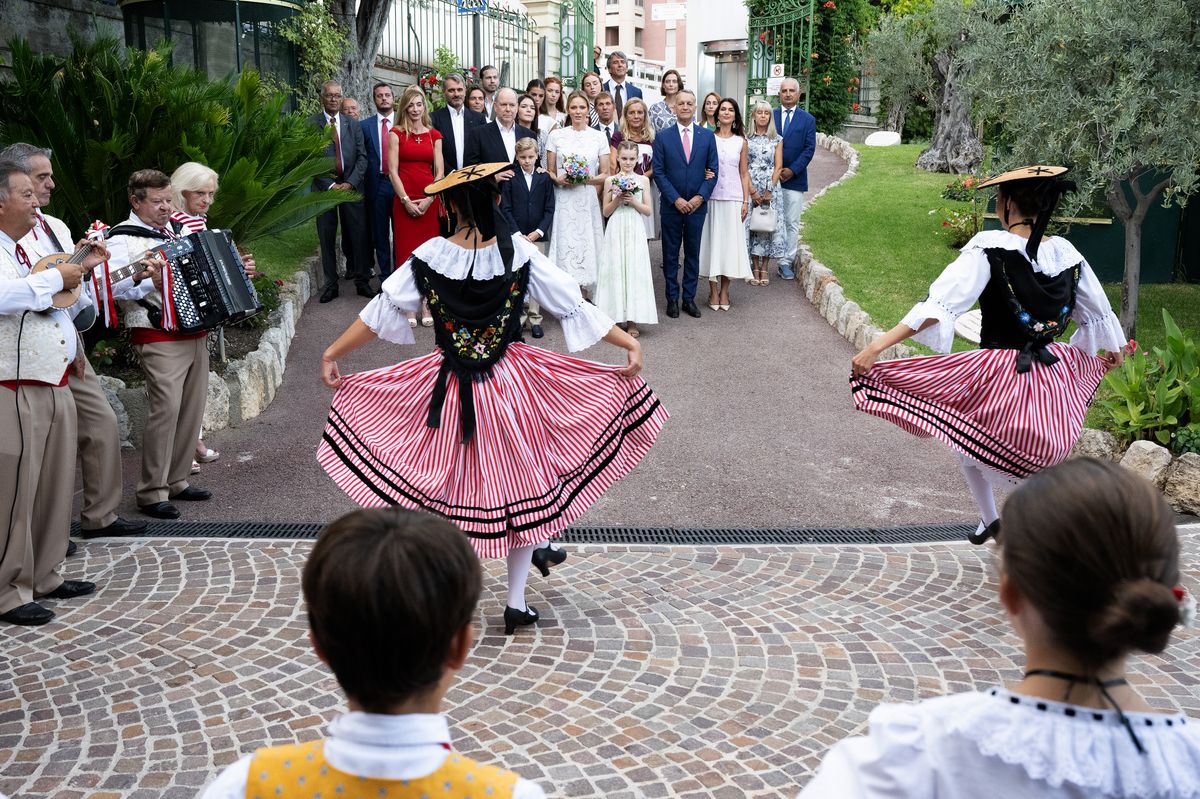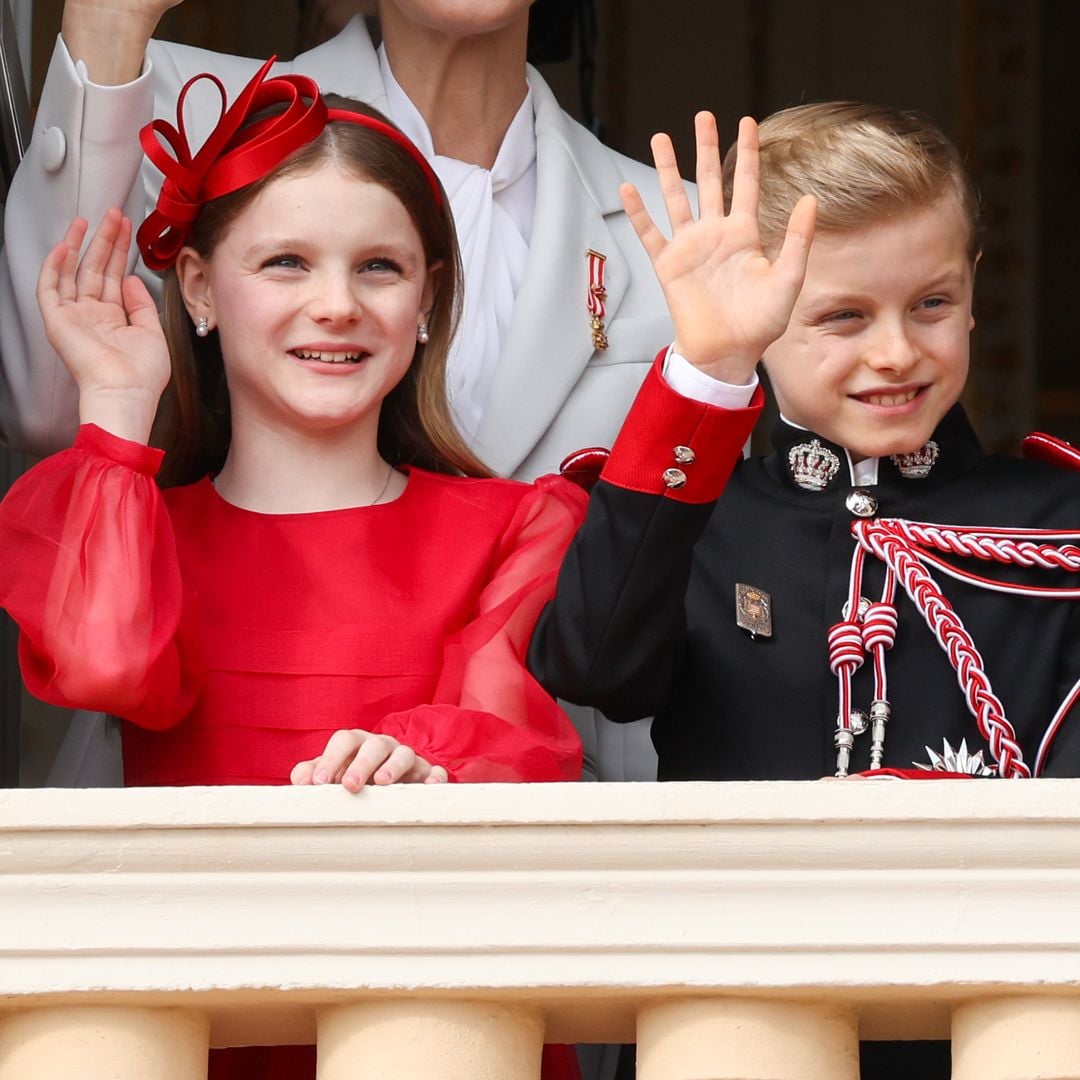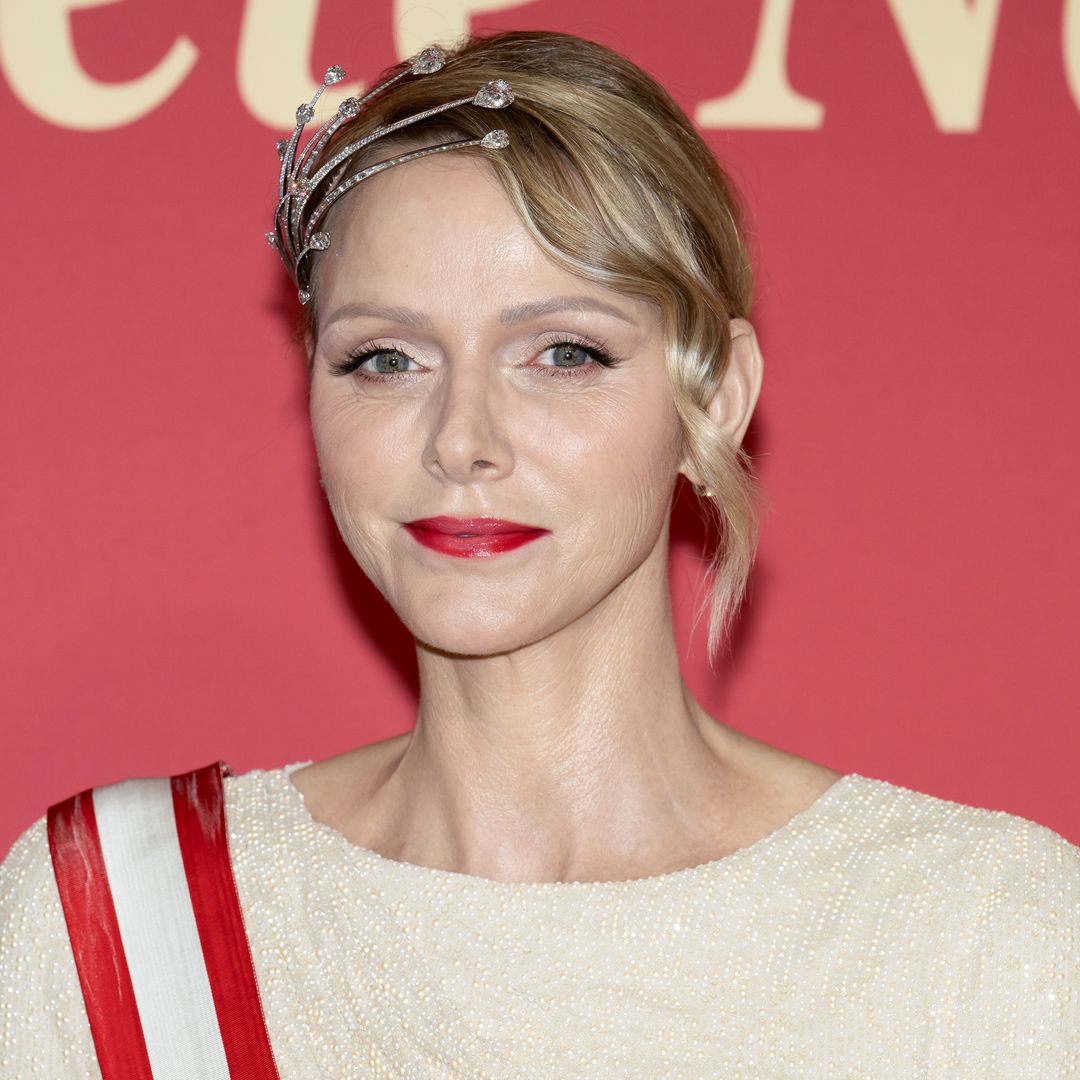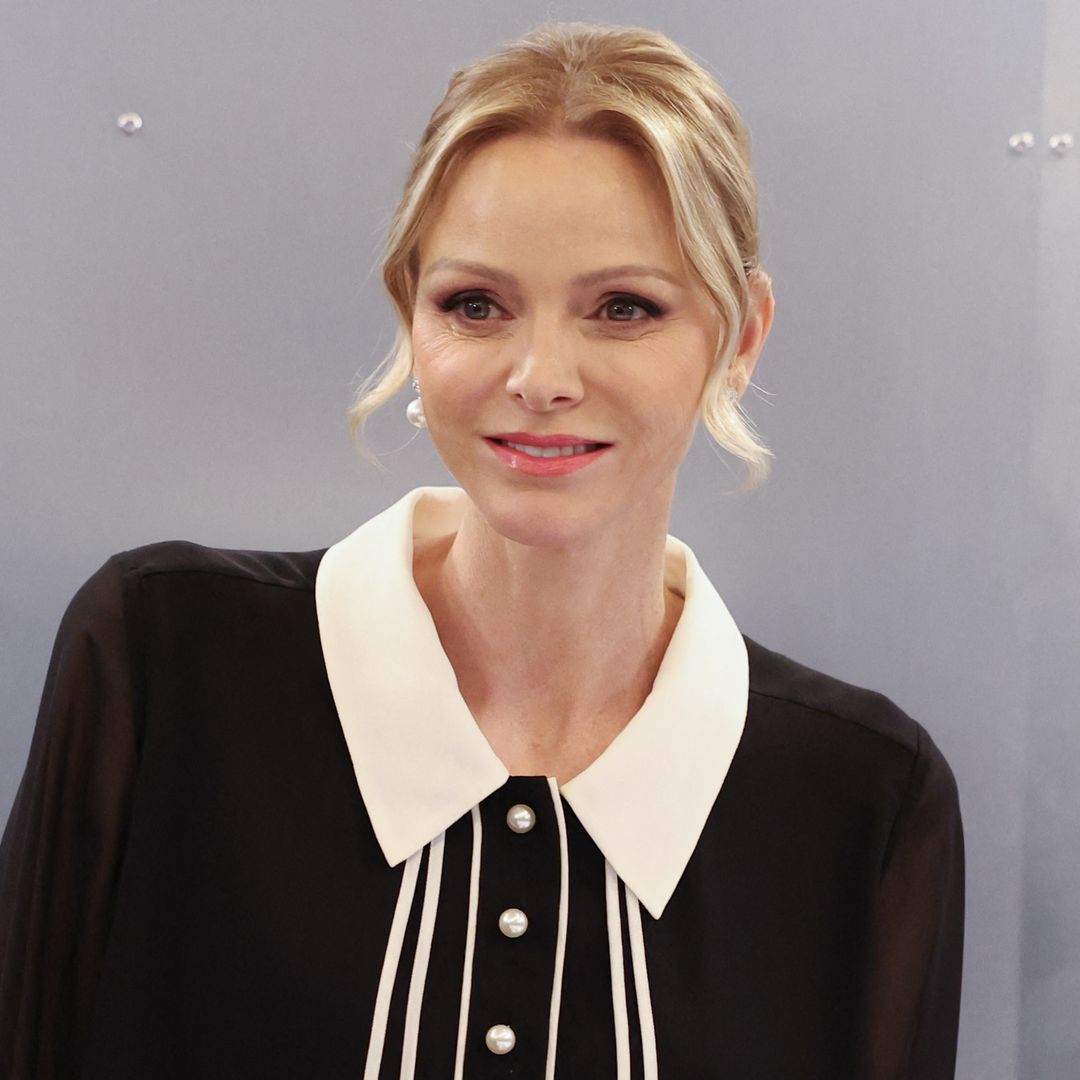The end of summer in Monaco is marked by the signature event, the Pique Nique Monégasque, a community gathering held every September that brings the princely family and locals together in Princess Antoinette Park. It is not a formal state event; rather, it is a tradition that dates back to the mid-20th century and serves as a picnic to celebrate local identity and togetherness after the summer season. There, on checkered tablecloths under the trees, royalty and Monegasques mingle with no distinctions beyond the natural ease of the moment.
This year Prince Albert and Princess Charlene attended with their twins Jacques and Gabriella, joined by Mélanie Antoinette de Massy, great-niece of Prince Rainier and a familiar face at Monaco’s big events. As always, the picnic reflected modern Monaco, cosmopolitan and refined yet protective of its heritage.
The enigma of the dress code
The annual picnic raises the same question each year among journalists and observers: what is the dress code? It is not a gala, but it also isn’t merely an ordinary day in the countryside. The key appears to be finding a balance between elegance and simple tradition.
In that setting, Charlene chose an Oscar de la Renta dress in openwork guipure over silk with an asymmetrical hemline that was both unexpected and fitting.
For shoes, Charlene chose nude slingbacks by Gianvito Rossi. Once again, Charlene demonstrated that her personal style distinctly differs from the European princess cliché, blending sophistication with restraint. Meanwhile, Princess Gabriella wore an ivory Dior dress with an Enchanted Forest motif inspired by the plants in monsieur Dior’s garden.
Guipure: fabric of queens
Guipure lace is a statement of intent in its own right. This lace technique, developed in 16th-century Venice, was a symbol of wealth and power during the Renaissance. Unlike bobbin or needle lace, guipure is defined by floral or geometric motifs joined by bars or cords, giving it a sculptural relief.
It’s no coincidence that royalty has embraced it at key moments. Queen Elizabeth II wore it in several of her evening dresses in the 1950s, and contemporary haute couture designers like Oscar de la Renta and Valentino have reinterpreted it as a symbol of timeless femininity.
Charlene brings it in here with an intriguing twist: a fabric historically tied to grandeur and ceremony reimagined for a popular picnic. That tension between luxury and approachability seems to capture her personality, one that at other times has leaned toward radically minimalist looks.
Oscar de la Renta and the diplomacy of style
Charlene’s choice of Oscar de la Renta is no coincidence. The Dominican designer, who passed away in 2014, was one of the great couturiers for first ladies and modern royal houses. He dressed Jacqueline Kennedy, Queen Sofía of Spain, and Queen Máxima of the Netherlands during her early years as a princess. His house still carries that legacy, blending classicism with a light modernity that avoids stiffness.
The fact that Charlene has chosen lace dresses from the brand twice this summer indicates an aesthetic strategy aimed at projecting continuity and consistency in her public image. In a principality where comparisons to Grace Kelly remain inevitable, Charlene’s style sets itself apart with a more streamlined and contemporary language.
The princess and her role in the public eye
Beyond the dress, the context is what truly matters. The annual picnic is a moment of intimacy rather than a glamorous event. Seeing Charlene sharing space with citizens alongside her children Jacques and Gabriella reinforces the narrative of a down-to-earth family the Principality needs to sustain.
Her choice of an elegant look can be interpreted as a reaffirmation of her role as a princess who neither disguises herself as just another neighbor nor builds a wall with her image. The term 'Guipure,' which combines transparency and strength, serves as a fitting metaphor for that middle ground.
A summer ending with a message
The Pique Nique Monégasque event marks the end of the summer season and signals the beginning of Monaco’s institutional calendar. IIn this setting, fashion is not merely decoration; it is an integral part of the statement. Charlene’s dress, with its historic fabric, renowned designer, and balance between solemn and light, captures the spirit of the event’s tradition and modernity, sharing a table under the trees of Princess Antoinette Park.
Often scrutinized for her understated style, the princess delivers here one of her most interesting gestures, showing that fashion can be both bridge and boundary, a symbol of closeness and distinction. This art form fundamentally defines the essence of contemporary royalty.
